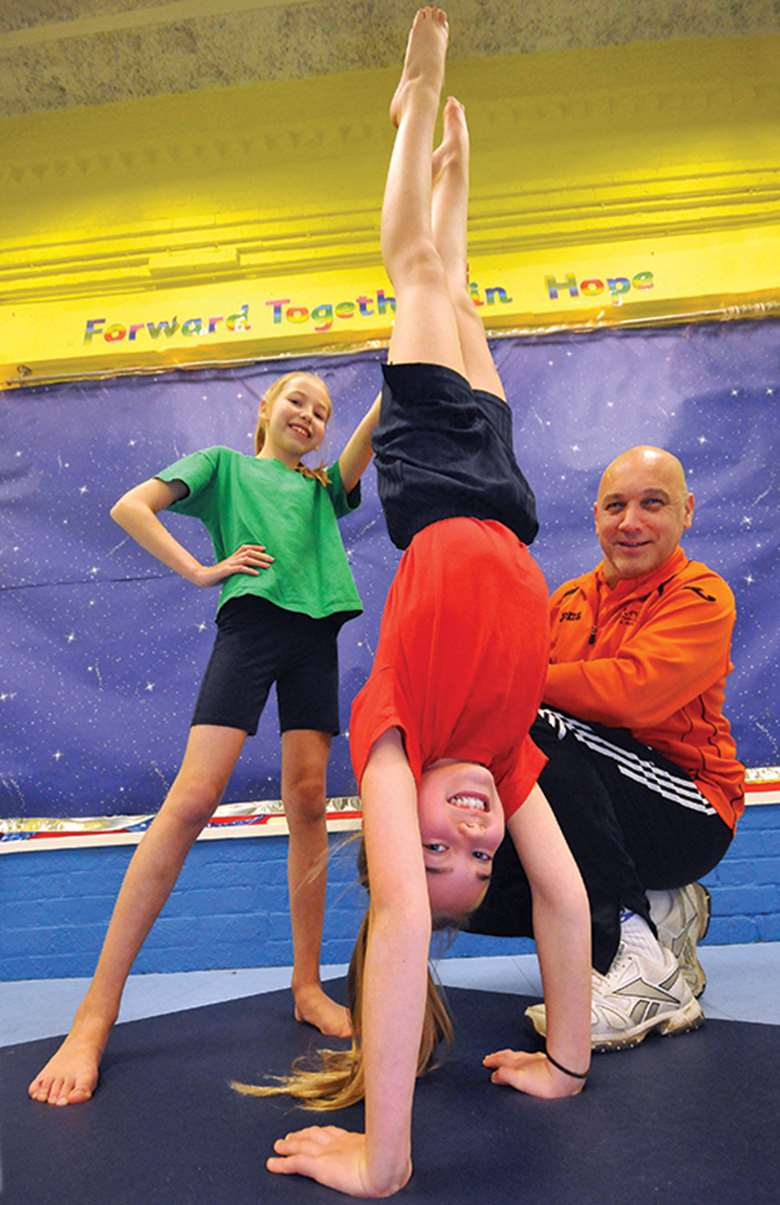How peak makes pupils more active
Emily Rogers
Tuesday, December 6, 2016
Peak develops a love of physical activity among primary school children and improve their confidence, wellbeing, behaviour and school performance.

PROJECT
Peak (Physical Education and Active Kids)
FUNDING
Around £4,000 each year from schools for half a day per week, £6,000 for a full day
BACKGROUND
Sunderland-based initiative Peak was set up by former PE teacher Dave Johnson to address gaps in provision for younger children. "PE in primary schools wasn't of a high enough standard to give children the love of physical activity that should be endemic in society," he explains. The programme launched in April 2014 and now operates in 35 schools across seven authorities: Newcastle, North Tyneside, South Tyneside, Northumberland, Sunderland, Gateshead and Durham.
ACTION
Peak is delivered by four staff members, all qualified to Level 3 in primary physical education, supported by 15 apprentices.
It offers a skills-based curriculum with 12 units across an academic year. Each focuses on a set of transferable skills such as passing a ball and moving into a space to receive a ball, taught through a range of sports. This is in line with the government's 2015 Sporting Future strategy, which highlights the importance of developing core physical skills in younger children, common to most sports. "Gymnastics and dance teach the same skills but in different ways," explains Johnson. "We marry those together in skills-based units. Children who feel more confident in PE are more likely to be active, join a sports club and have higher self-esteem and confidence."
Peak's format varies according to schools' requirements. Some employ Peak staff for half a day each week while others ask the organisation to deliver the whole school's PE over several days.
OUTCOME
Of 150 Peak participants in the 2015/16 academic year, 81 per cent met the required standard for reading and 87 per cent for writing in Key Stage 2 standard attainment tests. This compares with a national average of 66 and 74 per cent respectively.
Of 18 teachers surveyed by Peak across six schools, 83 per cent said children were more engaged in academic learning following a Peak session and 57 per cent said school attendance improved. In addition, 67 per cent said sessions made most children more motivated to learn in other subjects and 75 per cent claimed there were fewer incidents of poor behaviour the day after a Peak session.
If you think your project is worthy of inclusion, email supporting data to derren.hayes@markallengroup.com




